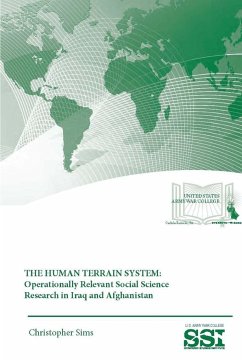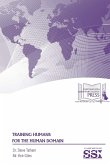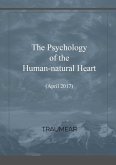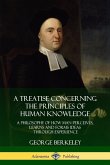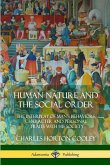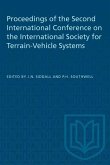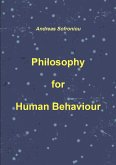The announcement that the Human Terrain System (HTS) was brought to a close in the fall of 2014 met with a flurry of responses. Commentators assessed the character and content of the social science research program and several identified plausible legacies that it may bequeath U.S. Armed Services. Often the conclusions therein were mixed, hinting instructively at the absence of a strong empirical record of the program. Therefore, this book is a welcomed larger study of the HTS, one of the first investigations to delineate the experiences of former program members, chart the stance of the American Anthropological Association, and gain engagement both from the U.S. Training and Doctrine Command, and a manager from the first primary contractor, BAE Systems. As a scholarly assessment of the complex interplay of these perspectives, the book becomes part of an attempt to find a platform for collaboration and discussion on what has become a profoundly polarizing subject.

